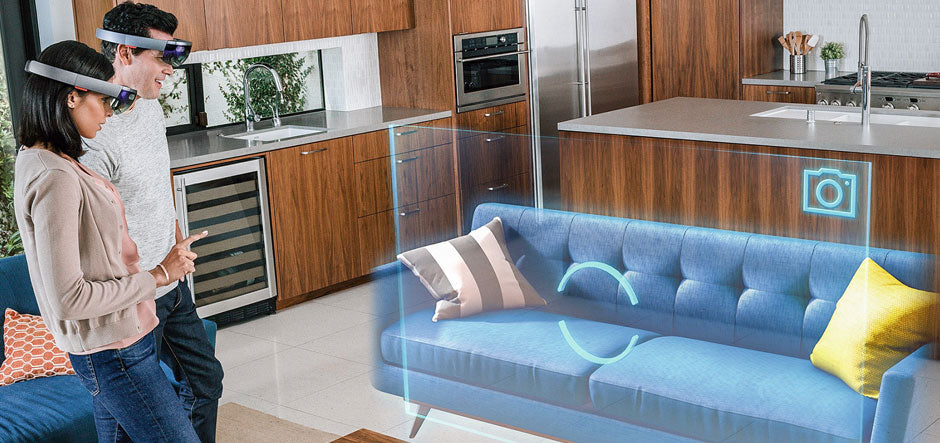
The Intelligence of Furniture
Share
Increasingly smaller apartments are already considered a global trend. Recent research shows that, in just over a decade, the average size of new apartments has decreased by 27%. This reduction is even greater when it comes to single-bedroom homes, where the size of the properties went from 55.7 meters in 2009 to 33.2 meters in 2021, a reduction of 40%. Currently, the construction of units measuring just 18 m² has also increased.
Among the reasons that are influencing this trend, one of the main ones is the rapid and continuous growth of the population, which has reduced the amount of land available for construction in large cities. In addition, another point is the value of real estate, which has increased more and more, inversely proportional to people's purchasing power.
With real estate becoming more expensive, the demand for smaller apartments is growing. In this scenario, it is necessary to furnish these spaces intelligently, so that every corner is used.

According to economist and managing partner of Brain Inteligência Estratégica, Fábio Araújo, when buying furniture for a small home, you need to think about the whole. “The secret to furnishing an apartment intelligently is to think about the details and take it easy, because buying each piece of furniture, home appliance and electronic device separately will make things look bad and you will run out of space,” says Araújo.
According to the expert, furniture manufacturers' main concern should be the multiple uses of the furniture. In other words, flexibility has become an essential factor. "It is necessary to develop a low table that can be turned into a high table or a bed, which when opened has a desk behind it. This means having intelligence in furniture so that it can also have multiple uses."
For Araújo, when we talk about applying technology to furniture, this is what must be taken into consideration. He emphasizes that the greatest need that furniture needs to meet today is usability, because in terms of design intelligence, the furniture industry has evolved significantly in recent years.

Araújo also believes that another need of furniture customers today is quality. “Furniture has become more sophisticated and more stylish, but in many cases it has become more fragile.” According to the economist, recent research shows that there is an increasingly frequent complaint about buying beautiful furniture that ends up being short-lived. “One of the important things is the need for furniture to last longer. Maybe it doesn’t need to be like it was in our grandparents’ time, when it lasted 30 or 40 years, especially because today we like to renew it, but it needs to last longer than it currently does.”
The managing partner of Brain Inteligência Estratégica states that the importance of furniture when it comes to making the most of space “is that I need to think of ways to make the furniture not only match the environment, but also allow for easy and pleasant use of that particular place”. The economist emphasizes that “for furniture to generate great use, it needs to allow the space around it to be clearly well occupied and enjoyed”.
Araújo believes that, over time, furniture has lost its function and become decorative objects, and now it is time to return the focus to its usefulness. “Good furniture is that which is not exclusively an object of art, even though it can be bought exclusively for that purpose, such as armchairs that people barely sit in, which are there as decoration, or a lamp that people don’t even turn on.” According to the economist, when the property is small, it is necessary to think about the usefulness of each item, not just its aesthetics.

“Furniture for a small space needs to be useful as well as beautiful, but you need to prioritize the right things,” he says. For Araújo, in addition to prioritizing usefulness over aesthetic beauty, you also need to remember to ensure the item’s durability.
Finally, the economist reiterated the importance of meeting consumers’ needs with quality items, even with the rising price of inputs. According to him, the secret to achieving this balance lies in efficiency. “This does not depend on the real estate or furniture market. It depends on operational and industrial efficiency, cost reduction and the delivery chain. Reaching consumers through other, potentially cheaper, means involves a very large set of strategies and operational management that each company must seek to achieve”, concludes Araújo.
